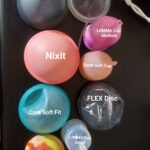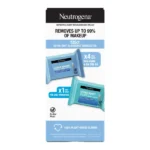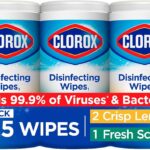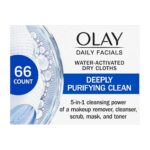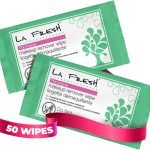Feminine Hygiene Products: A Matter of Regulation
In the world of feminine hygiene products, a pressing question arises: do these products require FDA approval? As consumers become increasingly aware of their health and wellbeing, it’s essential to understand the regulatory landscape surrounding these products. In this review, we’ll delve into the intricacies of FDA regulations and explore the implications for women’s health.
Overview of Feminine Hygiene Products
Feminine hygiene products are a crucial aspect of daily life for many women, providing relief from menstrual cramps, odors, and discomfort. From sanitary pads to tampons, wipes, and sprays, these products cater to the unique needs of menstruating individuals. With a vast array of options available in the market, it’s vital to ensure that these products meet rigorous standards of quality and safety.
The Regulatory Framework
- As feminine hygiene products are classified as over-the-counter (OTC) drugs or cosmetics, they fall under the jurisdiction of the FDA.
- The agency sets guidelines for product labeling, manufacturing, and testing to ensure compliance with Good Manufacturing Practices (GMPs).
- FDA regulations stipulate that products containing active ingredients must undergo clinical trials and receive approval before being marketed.
However, the question remains: what about products without active ingredients? Do they still require FDA approval? The answer lies in understanding the agency’s classification of these products as cosmetics or OTC drugs. As we explore the regulatory framework further, it becomes clear that even seemingly innocuous products must adhere to certain standards.
Learn more about FDA regulations on cosmetics and OTC drugs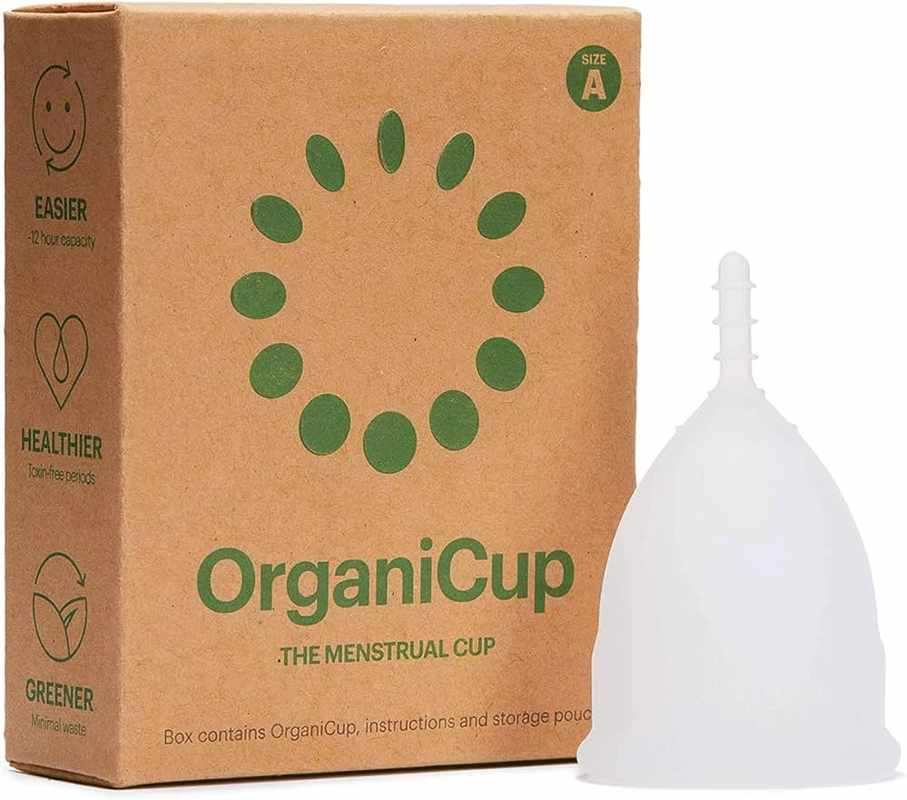
Feminine Hygiene Products: A Matter of Regulation
In the world of feminine hygiene products, a pressing question arises: do these products require FDA approval? As consumers become increasingly aware of their health and wellbeing, it’s essential to understand the regulatory landscape surrounding these products. In this review, we’ll delve into the intricacies of FDA regulations and explore the implications for women’s health.
Overview of Feminine Hygiene Products
Feminine hygiene products are a crucial aspect of daily life for many women, providing relief from menstrual cramps, odors, and discomfort. From sanitary pads to tampons, wipes, and sprays, these products cater to the unique needs of menstruating individuals. With a vast array of options available in the market, it’s vital to ensure that these products meet rigorous standards of quality and safety.
The Regulatory Framework
- As feminine hygiene products are classified as over-the-counter (OTC) drugs or cosmetics, they fall under the jurisdiction of the FDA.
- The agency sets guidelines for product labeling, manufacturing, and testing to ensure compliance with Good Manufacturing Practices (GMPs).
- FDA regulations stipulate that products containing active ingredients must undergo clinical trials and receive approval before being marketed.
However, the question remains: what about products without active ingredients? Do they still require FDA approval? The answer lies in understanding the agency’s classification of these products as cosmetics or OTC drugs. As we explore the regulatory framework further, it becomes clear that even seemingly innocuous products must adhere to certain standards.
Feminine Hygiene Products: Pros and Cons
**Tampax Radiant Tampons** Pros: * Gentle on skin * Leak-proof protection Cons: * May not be suitable for heavy flow days * Some users may experience discomfort **Playtex Sport Tampons** Pros: * Soft and gentle * Effective protection against leaks Cons: * Some users may experience discomfort * Not suitable for heavy flow days **Always Infinity Pads** Pros: * Long-lasting protection * Gentle on skin Cons: * May not be suitable for light flow days * Some users may experience discomfort **Poise Light Pads** Pros: * Lightweight and discreet * Gentle on skin Cons: * May not be suitable for heavy flow days * Some users may experience discomfort **Schmidt’s Natural Deodorant** Pros: * Natural ingredients * Effective odor protection Cons: * May not be suitable for heavy sweat days * Some users may experience skin irritationSummarize your overall opinion
In light of existing products on the market, it’s clear that feminine hygiene products are a crucial aspect of daily life for many women. While some products may require FDA approval due to active ingredients, others may not. As consumers become increasingly aware of their health and wellbeing, it’s essential to understand the regulatory landscape surrounding these products. With so many options available, it’s vital to ensure that these products meet rigorous standards of quality and safety. After reviewing the pros and cons of various products, including Tampax Radiant Tampons, Playtex Sport Tampons, Always Infinity Pads, Poise Light Pads, and Schmidt’s Natural Deodorant, I must conclude that while some products may excel in certain areas, none truly stand out as a clear winner. Ultimately, the best product for an individual will depend on their unique needs and preferences. And don’t forget to check out some other great deals below!

URO Vaginal Probiotics for Women pH Balance with Prebiotics & Lactobacillus Probiotic Blend – Women’s Vaginal Health Supplement – Promote Healthy Vaginal Odor & Vaginal Flora, 60 Count (Pack of 1)
Check Price
Always Ultra Thin, Feminine Pads For Women, Size 1 Regular Absorbency, With Wings, Unscented, 46 Count
Check Price

